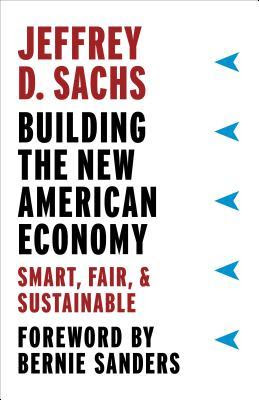Religion, corruption, promiscuity, sodomy, violence, bloodshed, humor, terror, betrayal, redemption, salvation. These are the subjects of Marlon James’ work, particularly this debut novel about a town in Jamaica in the midst of a preacher war. Go no further if reading about these things will affect your judgment of what is art and what is not. We all have our limits, and James is happy to play right to the edge.
There is no Table of Contents in this novel, and midway through, we may find we need a roadmap. Where is James going, and how did we get here? That is when I noticed he began this book, before Part I, with “The End,” three pages which confused and frightened and warned us what was to come. A “murder of crows” hangs around the yard of one Widow Greenfield until one day she discovers many of them lifeless and bloody on the grass in front of her house.
When author Kaylie Jones was contacted twenty minutes after Marlon James won the International Man Booker Prize for Literature in 2015 for A Brief History of Seven Killings , she said that acceptance and affirmation for him was a long time coming. Jones is credited with “discovering” James, passing his first manuscript for John Crow’s Devil on to an agent and an editor back in 2003. She was sure of James’ talent from that first time they met. “His writing was so confident. There was not one word that wasn’t precise. That voice was already there.”
The manuscript that eventually became John Crow’s Devil had famously been rejected 78 times before Ms. Jones saw his potential. James was 35 years old when it was finally published in 2005, his first novel. That means James was in his twenties when he wrote it, and this is the thing that slays: a twenty-something with shuttercock eyes writing sentences like
"Her mother was on the dresser, her sweaty back greasing the mirror as the man rammed inside her. Lucinda imagined his cock as stubby as he was plunging in and out of her mother’s vagina that was as loose as she was. Then he shifted and she saw it for a second, his penis disappearing into her mother and his jerky balls bouncing like elastic."There is more than a little aggression in that passage, and an exactitude one isn’t expecting. But the whole book has this level of keen observation and imagination, speaking of forbidden things, blasphemies, and essentially…reporting, judging, laughing. Some of the horror and anger and judgment manifest are probably even nonfiction.
Two preachers fight one another over the ‘godly’ leadership of a town. One man is an alcoholic, and the other appears possessed. Both of them struggle with sexual temptations; neither fits any usual definition of godly, or good men. The townspeople, filled with the superstitions of their culture as well as warm natures mixed with hard-eyed realism, carol an absurdist relief, making comment upon one another’s needs, or sometimes jettisoning their good sense altogether under religious influence.
In an interview, James tells Charlie Rose that at this time in Jamaica he hadn’t yet publicly acknowledged his homosexuality but considered himself “Christian celibate…and believing it.” Only when he subsequently moved to St. Paul, Minnesota to teach writing, and when he was forty-four years old, did he acknowledge his sexuality. There is a lot, a whole lot, of explicit language and description of sexual acts, only some consensual, in James’ novels, but he appears to capture something that we recognize as real, even if we prefer not to look at it. “Violence should be violent,” he tells us, “Sexuality should risk the pornographic. It’s a fine line.”
Marlon James writes conversation in dialect, perhaps one reason his first book was not accepted immediately. Now, of course, dialect seems the most basic effort one can make to represent a culture. But James also manages the difficult feat of keeping readers unsure if they know what exactly is happening without them losing the thread altogether, or giving up. His storytelling definitely leads readers in the direction of some kind of reckoning for evil, thoughtless, or uncaring behaviors, no matter what the preachers, with their contrasting styles, have to say. The murder of crows and the flight of doves are both menacing, and vengeful. But the ending, in a two-page chapter called “The Beginning,” is reassuring. This novel feels brave, unflinching, and new.
And if you are still unconvinced about James' creativity, read this about his new project and then tell me he isn't looking deeply into the myths we tell ourselves, and exposing all.
You can buy this book here:
 Tweet
Tweet











